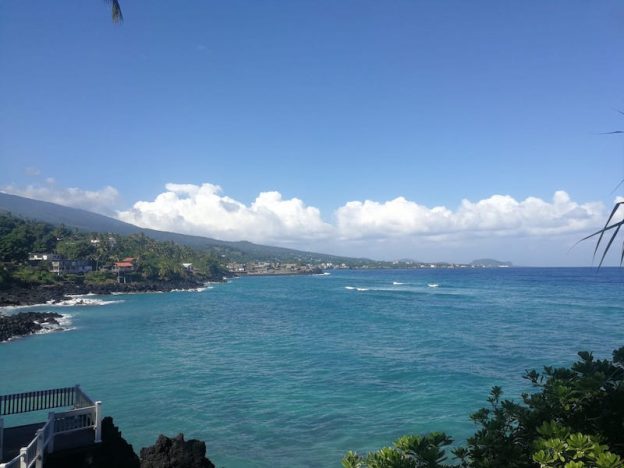A guest post about a visit to the capital of Comoros
Getting there: Kenya Airways and Ethiopian Airlines have regular flights to Moroni. It’s two and a half hours direct from Nairobi and flights cost about $1,000. On arrival, at the Prince Said Ibrahim International Airport, the only queue is immigration. For Kenyans, it is easier because they don’t need visas. However, you may need to carry along proof of your purpose of visiting. You also need a valid PCR certificate and certificates of vaccination for covid-19 and yellow fever.
Getting around: There are public transport vehicles where you pay in local francs. But airport taxis can take you directly from the airport at an average cost of $30. As this is an island nation, movement from island to island means you have to take boat rides. It takes about two hours from one island to another by boat. There are small aircraft flying scheduled flights between islands, but they are expensive and uncomfortably bumpy. (I didn’t see ride-hailing apps.)
Staying in touch: Communications is damn expensive. You can’t even roam with Safaricom as they have not inked a deal with any local carriers. Airtel roams but the bill is crazy, about $5 per minute on average. The only saving grace is hotel Wi-Fi which is not as fast but at least connects you back to the world. The explanation you get is that the market for carriers is small, meaning the few have to pay for the overlay costs for the firms to be profitable.
I didn’t see a newspaper vendor but there is a local online newspaper called La Gazette des Comores. Locals here watch local state TV or CNN, BBC and sports channels via French satellite pay tv called Canal+ which also shows channels from other francophone countries.
Where to stay: You can pay anything between $80 and $200 per night for a good hotel. You can book your hotel via Booking.com. Electricity is reliable at hotels where they have a back-up. Not so reliable if staying in a rented apartment because the supply is erratic.
Eating out: Comoros has had great influence from Arab, Swahili and French culture. Local delicacies include pilau (pilao) and biryani chicken (sometimes known as poulet de riz). They do lots of fishing and so sea fish is also a common delicacy, besides of course French fries. Ironically, there are just as many drunks on the streets even though Comoros is generally a Muslim country. It has something to do with the French mannerism of separating religion from the state.
Business & Infrastructure: The country is recovering from a civil war which only ended in the early 2000s after rebels signed a peace deal – and no wonder most of the recent presidents are former military men or former rebels. The country though has kept a stable polity and its National Assembly, which sits in Moroni to deliberate on issues, includes elected representatives from its three islands. Each of the islands has its local administration.
Cards can be used at hotels or for withdrawing local currency from local ATMs, which by the way are not as many. To get around, carry Euros, at least 50 a day. Folks here like the Euro more than the US Dollar. If you run out of local currency, you can pay with Euros just as well. It may have something to do with close ties with the French who colonised the island and have remained prominent even in its independence.
Language: French, and Shikomori are the most common languages. Most educated people can also speak English and some people can also speak Swahili.
Shopping & sightseeing: It is one of the safest African countries and beaches are the main attractions. There aren’t malls but you can buy souvenirs from vendors including at hotel shops.
Unusual Observations: In some government offices, you may meet a French guy working as a receptionist. Another odd thing is that even senior military officers here are still ranked at Colonel. Some officials told me it isn’t a big issue because the island has a small population and it can be difficult to have folks rising through all those routine ranks before leading the military.
